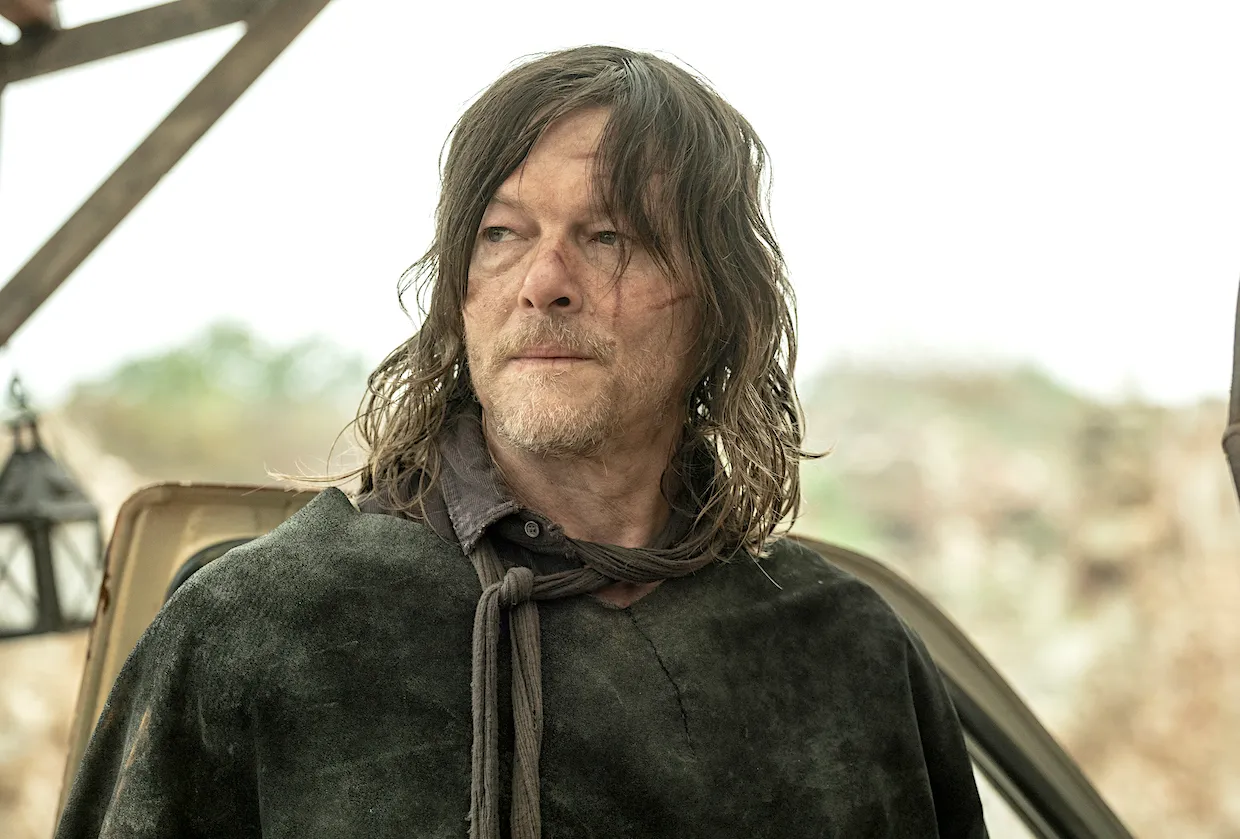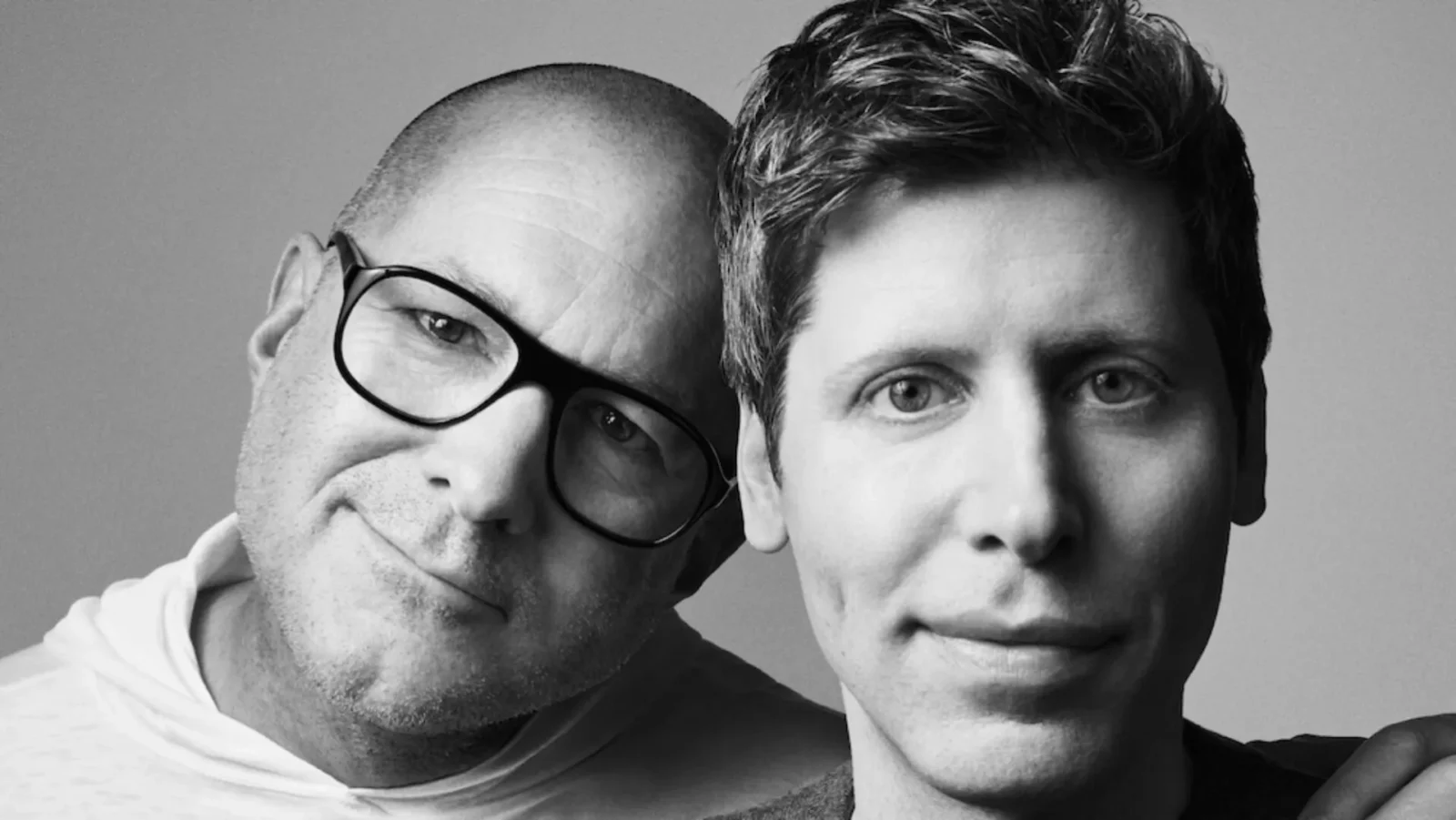TL;DR: Daryl rides again, but so does the repetition. Gorgeous visuals, strong performances, same old existential drift. This show needs to stop wandering and start arriving.
The Walking Dead: Daryl Dixon season 3
There’s a strange irony in watching a show about perpetual motion that seems allergic to actually moving forward. The Walking Dead: Daryl Dixon, now in its third season, has become something of a meditative exercise in stasis — a show that keeps promising a horizon it never quite reaches. Episode 5 of this season, titled “Limbo,” is the most on-the-nose metaphor yet. Limbo. That’s exactly where the series is stuck: halfway between purpose and drift, between a character study and a rerun of the same dusty chase we’ve been on for a decade and a half.
I’ve been with Daryl Dixon longer than some of my friends. I’ve watched him grunt his way through Georgia swamps, lose people who meant something, find people who didn’t, and somehow become the stoic heart of a zombie show that was once about Rick Grimes’ slow moral rot. Norman Reedus’s crossbow-toting redneck biker has evolved from supporting player to franchise anchor — and now to spiritual pilgrim wandering through Europe with the same furrowed brow and patchwork leather jacket. I should be thrilled to still have him. But this episode left me with that old Walking Dead fatigue creeping back in: the sense that the wheels are turning, the engine is revving, but the car’s stuck in the mud.
The hour opens where last week left off — with a messy rescue, some interpersonal tension, and another disposable subplot meant to give Daryl something to stab. It’s all competently shot, sure. There’s still a tactile grit to AMC’s European armageddon — the sun-baked dust, the guttural squelch of walker skulls meeting steel. But it feels less like storytelling and more like maintenance. The show is keeping its heart beating, not because there’s more to say, but because it doesn’t know how to stop.
Carol (Melissa McBride) is back in the fold now, though she might as well be starring in her own parallel spinoff given how disconnected her story feels. The scenes between her and Antonio (Eduardo Noriega) have warmth, sure, but the emotional beats are telegraphed from a mile away. It’s the classic late-Walking-Dead rhythm: introduce a new morally gray European stranger, let Carol frown sympathetically at his trauma, and wait for tragedy to strike. Meanwhile, Daryl wanders off again to do something noble and vaguely suicidal, because that’s apparently his default setting.
And this time, his solo detour lands him in a desert straight out of a spaghetti western hallucination. He encounters lepers. He encounters bikers who look like they raided a Mad Max cosplay convention. He encounters a train, because of course there’s a train, and he kills some dudes in slow motion with the obligatory rusty blade flourish. It’s all competently staged, occasionally beautiful, and almost entirely devoid of momentum. Every encounter exists to prove, once again, that Daryl is the quiet savior of the downtrodden — a man whose heart of gold is buried beneath layers of grime, blood, and “aw shucks” humility.
I don’t say this to mock Norman Reedus. He’s still magnetic. There’s a natural gravity to his exhaustion that most action stars can’t fake. But it’s the writing that’s letting him down. Daryl’s internal world hasn’t changed in years. He’s still running, still mourning, still protecting, still searching for a reason to go home — though “home” has become an increasingly abstract concept. France has given him new scenery, but not new purpose.
The subplot with the lepers — or, more delicately, a community of outcasts living with visible illness — could’ve been a stunning allegory about compassion, otherness, and survival. Instead, it’s treated as a side quest. These are the fetch missions of prestige television: Daryl arrives, helps some people, learns nothing new about himself, and moves on. It’s a shame, because there are flashes of genuine humanity here. The little girl who offers him her cartoon hippo cup might be one of the sweetest visual metaphors this show has conjured since Judith handed him Rick’s gun back in Season 9. But the series doesn’t linger on these moments long enough to let them matter. They’re quickly swallowed by the next burst of violence.
Meanwhile, back in Solaz del Amar, Carol and Antonio are navigating the post-rescue emotional fallout with a sense of simmering longing. Their chemistry feels lived-in — two battle-worn souls orbiting each other in the wreckage of the world. And yet, every time the show starts to build something between them, it cuts away to Daryl wandering across another blasted landscape. It’s as if the series is terrified of letting its leads actually share screen time. The franchise has always thrived on found families, but here, it insists on keeping everyone emotionally quarantined.
It’s that fragmentation that’s slowly killing this spinoff. The Walking Dead: Daryl Dixon has so many intriguing elements — the European setting, the remnants of religious orders, the moral complexity of post-apocalyptic politics — but it refuses to let its best characters stay together long enough to explore them. Instead, it splinters into bite-sized morality plays that reset every episode. One week Daryl’s helping monks. The next, lepers. The week after, he’ll probably stumble into a cult of mime cannibals who worship baguettes. The formula never changes: meet strangers, help them, kill some bad guys, move on. Rinse, repeat, reload.
And maybe that’s the point — maybe Daryl is trapped in his own purgatory, doomed to wander the continent in search of meaning that can’t exist anymore. If the show leaned into that existential melancholy, it could be something profound. But right now, it feels more like narrative laziness disguised as spiritual depth.
What frustrates me most is how close this series comes to greatness in fleeting moments. Reedus’s wordless expressions, the mournful guitar twang under a burnt-orange sky, the way the camera lingers just a little too long on the desolation — these are glimpses of a post-apocalyptic western that could stand shoulder to shoulder with something like The Last of Us. But then the dialogue kicks in, and we’re back to exposition dumps and half-baked moral dilemmas. The AMC-ness of it all bleeds through.
And yet, I can’t quite quit it. Maybe that’s my own form of fan limbo — watching out of habit, affection, and a little bit of morbid curiosity. I want to believe that Daryl will find peace, that Carol will stop carrying the weight of everyone else’s pain, that this universe will finally stop expanding long enough to actually resolve something. But five episodes into Season 3, I’m starting to suspect that resolution isn’t part of the plan.
By the time Daryl drives off into the sunset again — hippo cup in hand, another set of bodies behind him — I felt both satisfied and empty. It’s an image meant to symbolize hope, but it lands more like déjà vu. The Walking Dead: Daryl Dixon has mastered the art of the circular ending. Every episode promises a new beginning that looks suspiciously like the last one.
So where does that leave us? Still wandering. Still waiting. Still watching Norman Reedus scowl his way through purgatory while the show around him spins its wheels. It’s not bad television — it’s just inert. And for a franchise built on forward motion, that’s starting to feel like the real apocalypse.
Verdict:
The Walking Dead: Daryl Dixon Season 3 Episode 5, “Limbo,” is beautifully shot and intermittently moving, but it’s also proof that this spinoff is running in circles. Reedus remains compelling, McBride is quietly phenomenal, but the show’s structure — forever splitting up its best characters — keeps it from evolving. There’s still potential buried in the dust, but unless the writers let the story actually move, this journey may end where it began: nowhere.







